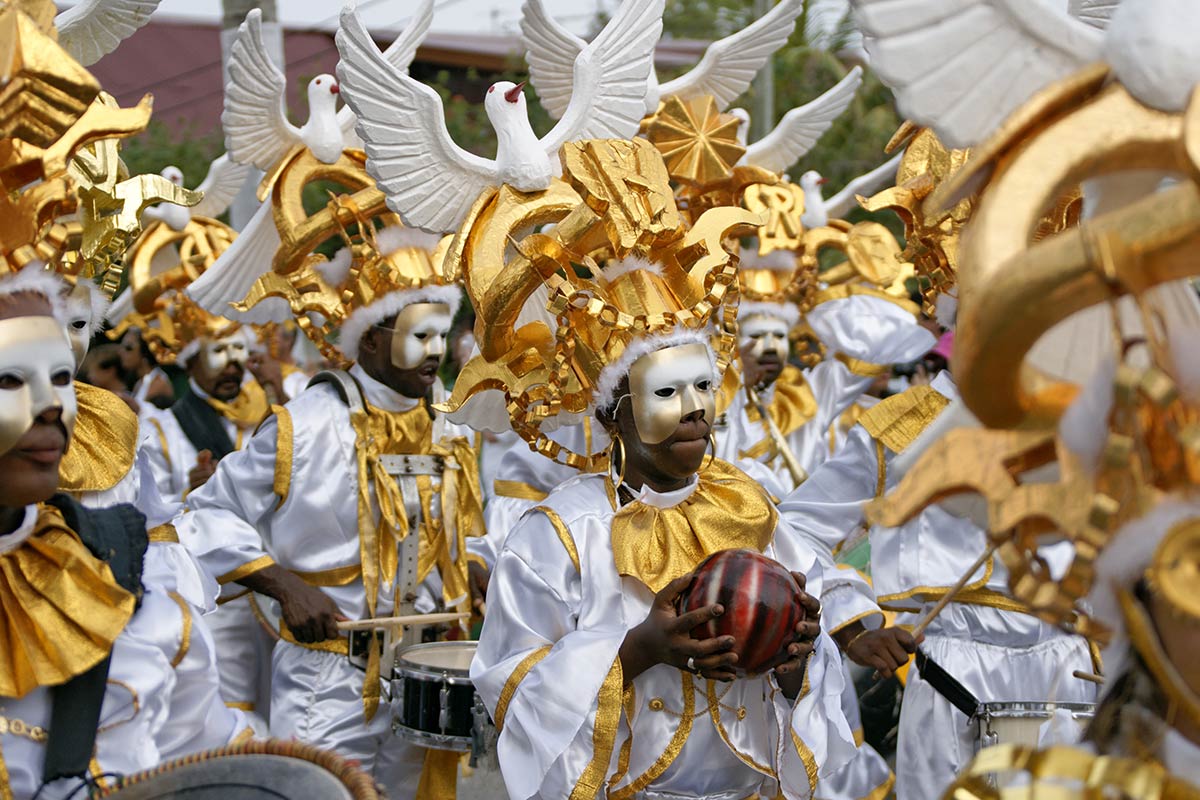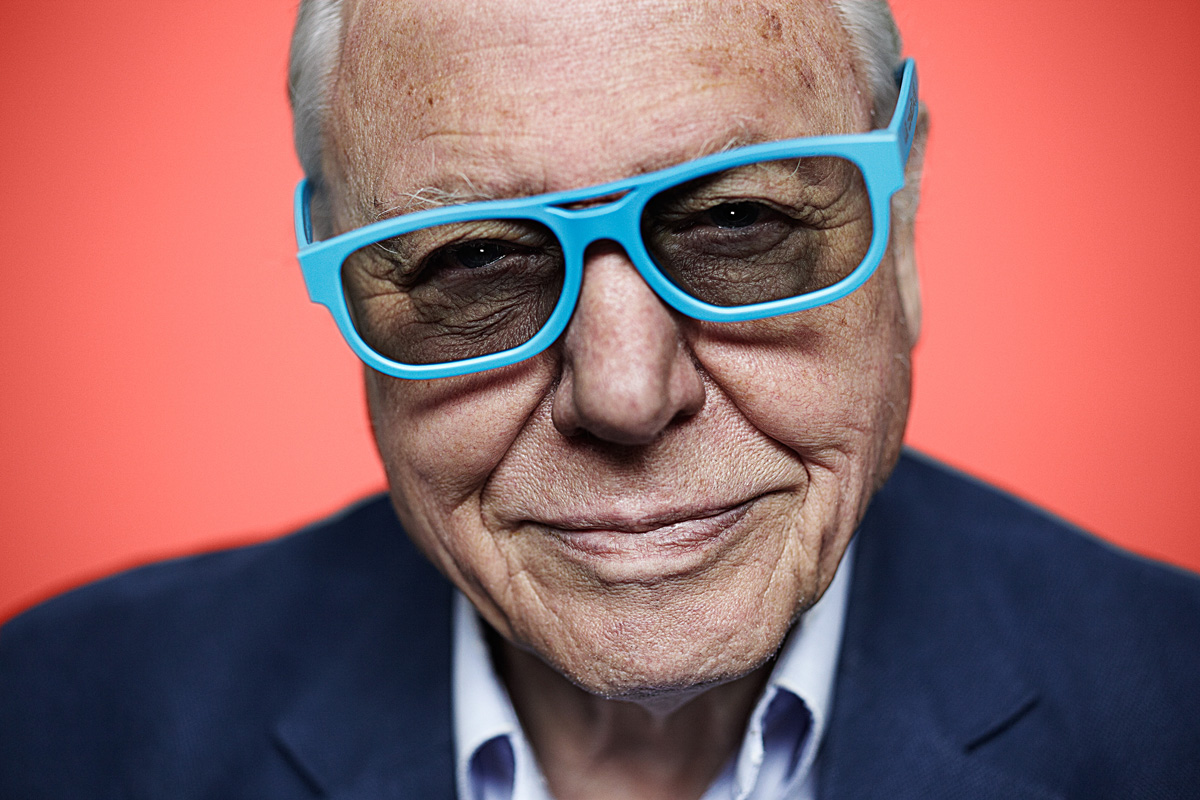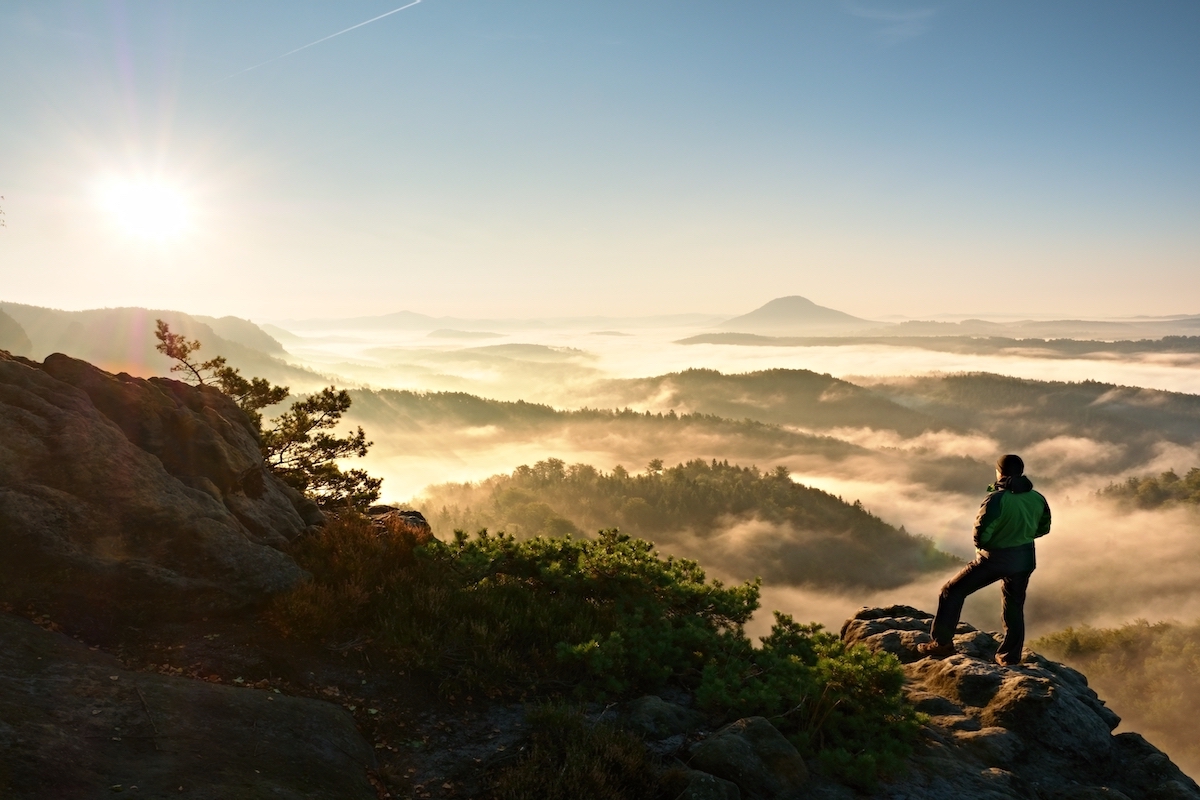Typically, I have a destination researched half to death before I visit. But with French Guiana, Guyane to the locals, nobody could even tell me where it was. I visited my local book store, but the lady behind the counter said, “They don’t make guidebooks on places where nobody goes.”
Randomly, I ended up gleaning some clues during a visit to a Queensland Medical Center. I was there for the mandatory injection against Yellow Fever; a potentially deadly flu-like disease spread by mosquitoes.
My boyfriend stumbled on French Guiana when he was searching for a change of direction. At the time, the locals were looking for a sprint canoe coach, so it was a good match.
After a nine-hour flight from Paris – where I was living at the time – a croissant, and a Creole stew, the plane dropped over the muddy edge of the Atlantic. I knew I’d arrived in the tropics the moment I stepped out of the cabin. My shirt instantly stuck to my back. Sweat beads dripping from my forehead. And it was six o’clock in the evening.
“Hey man,” said the taxi driver. “Welcome to Guyane, the last place on earth where you can be truly free.”
Guyane is a confusing place. Cyclists dodge flooded potholes, while holding limp baguettes under their arms. French flags hang from weather-beaten government buildings. French license plates are attached to Citroens and Renaults. Standard French road signs that look like they should point towards Charles de Gaulle show the way toward Organabo, Montabo, and Iracoubo.
“Why on earth would you go there?” asked the Doctor. It was a fair question.
We rented a carbet – an Amerindian hut – in a rural idyll surrounded by agricultural land and dense forest. The carbet is nothing more than a roof with open space underneath. No windows, just mud brick walls to chest height, and poles at the corners to hold the shelter up. It’s the type of home that when family visit they say, “Wow, this is a piece of paradise isn’t it?” And in the next breath, “There’s no way I could live here.”
Humidity poses a big problem for preserving food, electronics, and books. The small exercise trampoline, commercial blender, laptop battery, and leather shoes that followed me, and had served me faithfully for years, ended their careers as rusty, decaying wrecks in Guyane.
Here, humans live in an animal’s kingdom, where you learn to co-exist at home with geckos, frogs, and tarantulas. However, microscopic sugar ants, in their thousands, test that relationship. They hide in every nook and cranny, until a minuscule particle of food is left lying around. You can never drop your guard and leave food or unwashed dishes on kitchen bench tops – ever.
“Why is your lounge lying outside on the lawn?” I asked my neighbour once.
“Bloody bats have nested in it!” she said. “I had to throw it out the window and I’m going to burn it.”
Day to day life is punctuated by the arrival of shipping containers from mainland France. When these land, I visit a supermarket two hours away and stock up. Other times, I stroll along rows of brightly coloured fruit and vegetables at the local fruit market.
Each week I also visit the town’s bakery, where I sit at the large roadside windows watching life drift by. Bare-footed, wild-haired children carry bags for their baguettes into the store. Other kids hang off handlebars and pannier racks as they peddle toward school. Women walk along the roadside balancing sacks precariously on top of their heads, and young men take songbirds for walks in cages. It’s a type of South American craziness, with some Caribbean charm, and French pomp mixed in.
I followed my heart, not my head, to French Guiana. In the beginning, it wasn’t easy. Sometimes it was downright terrifying. But in leaving my good life in Australia, I discovered an extraordinary life. A life where a sense of adventure, and a whiff of the unknown, still exist.
To read more about Donna’s adventures, check out her website, where you can buy her latest book Wild Roots, Coming Alive in the French Amazon.




